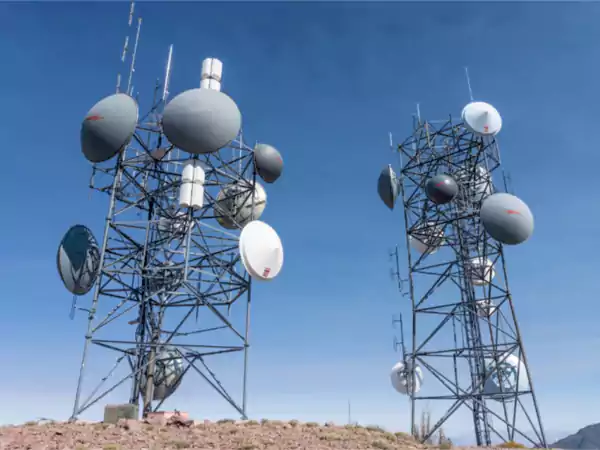Worst Hack In Our Nation’s History – Feds Warn Against SMS Authentication
If users rely on text messages for multi-factor authentication, it is time to consider a different approach. This is especially true given the alarming revelations surrounding the recent breach, which has been labelled the ‘worst in our nation’s history.’
The federal government is now issuing warnings urging officials to communicate exclusively through the use of encrypted applications. As per the reports that came across in October, it was revealed that hackers who have penetrated U.S. telecommunications systems are linked to the Chinese government.
The penetration of telecommunication has been to such an extent that they could intercept unencrypted communications from several individuals. This operation has been named ‘Salt Typhoon’ and has reportedly allowed these hackers to eavesdrop on phone calls and also capture text messages.

The presence of these hackers within the telecom networks remains unchallenged. This week, recommendations have been released by the Cybersecurity and Infrastructure Security Agency. The recommendations are aimed at protecting highly targeted individuals and consist of a stark warning regarding the use of text messages.
The guidance which is now available online mentions, “Do not use SMS as a second factor for authentication. SMS messages lack encryption—if a threat actor gains access to a telecommunications provider’s network, they can easily read these messages. SMS MFA is not resistant to phishing attacks and therefore does not provide robust authentication for accounts belonging to highly targeted individuals.” There has been a major criticism directed at both the federal government as well as telecom companies for their inadequate response to the Salt Typhoon threat. A Democrat from Virginia, Senator Mark Warner expresses his concern in interviews with the New York Times and the Washington Post focusing on the seriousness of the situation. However, a major question still remains about what an average person can do in response to the situation.
